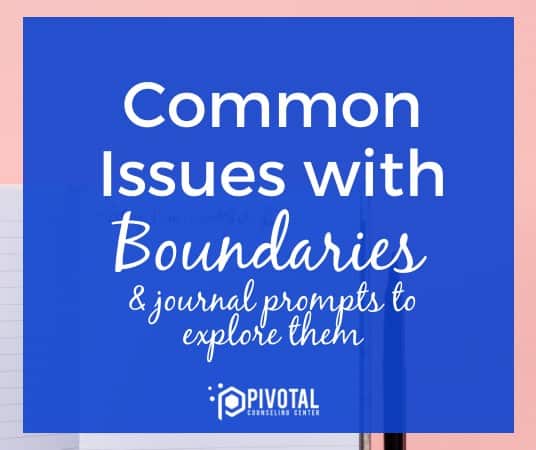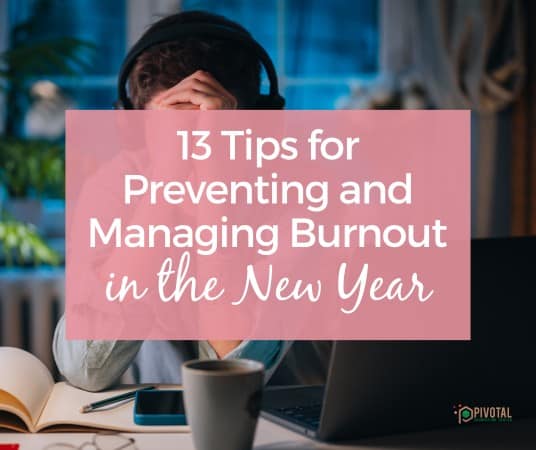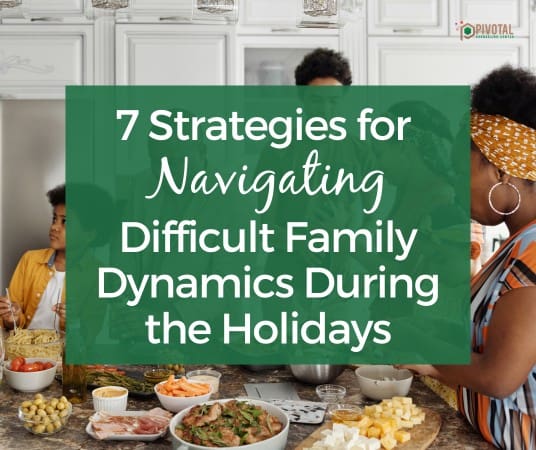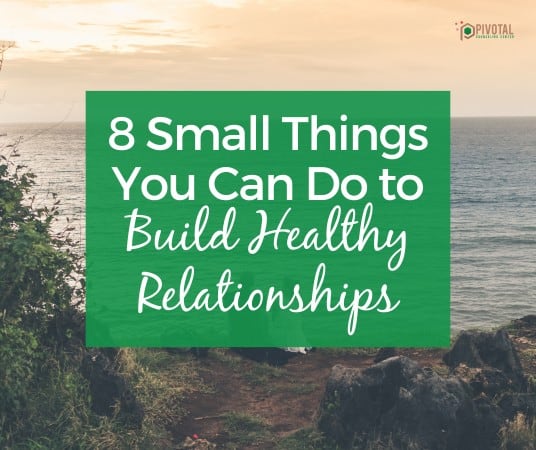
Boundaries, while they can bring lots of good things into our lives, can be very hard to set!
It takes a lot of vulnerability to have conversations about your needs and your limits–especially when you’ve never done it before or aren’t quite sure how someone will react. It takes a lot of bravery! And there are a lot of issues people face when learning to set boundaries. It’s a skill like any other that requires intention and practice. So it’s okay if you struggle with them at first–it’s not a reflection on you as a person. We all struggle with boundaries sometimes, it’s just part of being a person!
One of the biggest issues people have with boundaries is in regards to actually communicating them. While we may have done our own reflection and have an understanding of what our boundaries need to be, we might get tripped up when it comes down to actually letting those in our lives know what those boundaries are. This can of course lead to all sorts of problems, for example, building up resentment over a boundary you haven’t communicated being violated, increasing tension in the relationship, until it escalates into a huge conflict.
When you find yourself feeling resentful of someone crossing a boundary, ask yourself: was that boundary violated, or were they just unaware of it?
Another issue is with boundaries is also an issue with mindset. Some of us can feel hesitant to set boundaries because it feels like we’re punishing those around us. This feeling can be especially strong if you realize after someone has crossed a boundary, that you still need to communicate that boundary. In that instance it can feel like we’re punishing that person specifically–but in reality we’re just making our needs and limits clear to them, which is a good thing!
Boundaries also shouldn’t operate as an ultimatum. It’s not about ordering someone’s behavior to change, it’s about letting them know what you are comfortable with and what you are not. So, the general idea would be saying something like “X (behavior) affects me in Y way, so if you’re unable to Z (modified behavior), I’ll have to Q (remove myself from the situation, etc).” With this framing, you are not responsible for their actions, but you also are responsible for your own. So you have let the person know what would be best for you, but also found another option for yourself if they are unable or unwilling to make a change. No one has “forced” you to act a certain way, you’ve just determined and communicated the best option for yourself while giving them an opportunity to meet you halfway.
You will likely have to reinforce your boundaries.
Some people might not care about the boundaries of others, but more likely than that is a well intentioned friend forgetting about the boundary you communicated with them and accidentally violates it. In this instance you know there was no intention of malice, however it still affected you so it’s important to let them know that! It doesn’t have to be a big blowout; the first time it happens just gently but firmly remind them of the boundary you discussed. Assume it was unintentional and that they just need a quick memory jog. If they respond poorly to that then it’s perfectly appropriate to remove yourself from the relationship, however don’t just cut someone off/ghost without at least an effort to communicate why (unless it’s for your safety!).
Because boundaries can be so tricky to determine for ourselves, we put together a few journal prompts to help you explore the boundaries in your life.
1). How do I communicate my boundaries?
Do you tell people as your boundaries change or do you let them know after they have violated a boundary? Are you relying on nonverbal communication? This can work sometimes (body language tells us a lot if we’re paying attention) but not everyone is as tuned into it as we are, so it’s best to verbally communicate a boundary, especially if it has already been violated. It will take you some time to figure out how you’re most comfortable having conversations about your boundaries in different areas of your life. For work you may prefer to communicate via email, with your friends you might like to speak face to face, in your dating life you might be more comfortable speaking via text until you know the person better. Think about the different areas in your life, where you need boundaries within them, and how you’d feel most comfortable communicating those needs.
2). How do I respond when someone violates a boundary?
Write with no judgement on this one. It can hurt when someone crosses a boundary, and when we’re hurt we don’t always react in a cool, calm and collected manner. That’s normal–and not something worth fixating on or beating yourself up about. Instead, just look at it with curiosity. Why did you react that way? What made it feel like that was the best option? Was there another way you would have liked to react? Did you try to communicate again? Did you reinforce the boundary? Did you make it even less flexible? Did you not tell them at all?
3). Who do I need stronger boundaries with?
You might not realize you need stronger boundaries with friends or family, because you’re just so used to how they behave and interact with you. But it’s always a good idea to stop and consider the energy we’re bringing and receiving in our relationships. Does someone drain you? Is it a communication issue? What’s blocking your communication? Why hasn’t the boundary been set/reinforced?
Pivotal Counseling Center has therapists who work with individuals and have many different specialties. We have locations in Woodstock, Illinois, and Lake in the Hills, Illinois. If you are in need of someone to help, please consider giving us a call at (815) 345-3400.
Pivotal Counseling Center is now accepting Medicaid including Blue Cross Community Medicaid, Meridian Medicaid, and Molina Medicaid for outpatient counseling.









